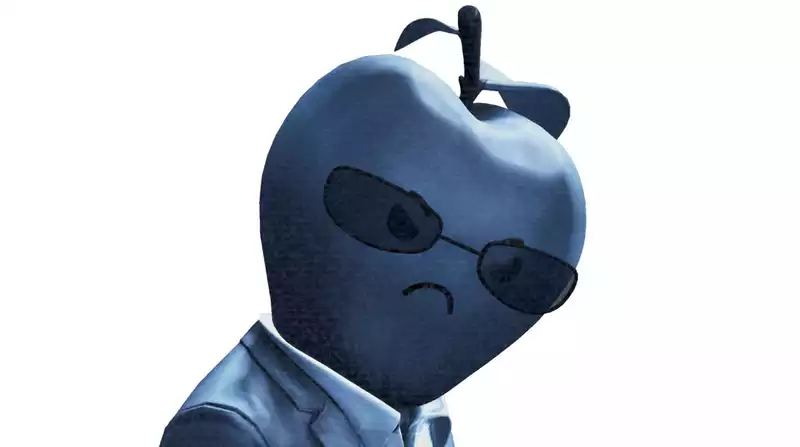A long-running legal battle between Apple and Epic Games is headed to the U.S. Supreme Court. Apple has filed a notice requesting a stay of the lower court's injunction against the company while it prepares to appeal a 2021 ruling on an "anti-steering" action that ordered the company to allow App Store developers to use non-Apple payment methods.
The case began in August 2020, when Epic dramatically sued Apple over its "monopolistic practices" in the App Store. A month later, Apple fought back, and when the first ruling was handed down a year later, Apple had nearly won the case. But Epic got a shot in the arm when the court declared that Apple's policy of requiring developers to use an in-app billing system was a violation of California's Unfair Competition Law. [For example, Epic is allowed to sell Fortnite Vbucks directly to gamers on iOS devices rather than through Apple's system, which takes a 30% commission; both Epic and Apple immediately appealed, and the ruling was stayed pending completion of the appeal process The case has been stayed. [In April, the U.S. Court of Appeals for the Ninth Circuit affirmed the 2021 ruling, and after a petition from both companies to reconsider that ruling was denied, Apple filed a notice (via GamesIndustry) that it was taking the case all the way to the Supreme Court.
In its latest filing, Apple states that imposing a blanket injunction is an improper remedy for a lawsuit brought by a single plaintiff, not a class action: "[The] panel [of the appeals court] found that this supposed injury to Epic and its subsidiaries subsidiaries, as well as all other U.S. developers, did not explain why it justified the injunction.
It also argued that the Court of Appeals' ruling on the App Store's payment practices "departed from Supreme Court and Circuit Court of Appeals precedent" and may violate federal law. Apple states that class actions and universal injunctions "have received close scrutiny from Supreme Court justices, jurists, and knowledgeable observers," and that the Supreme Court is now "taking up important legal issues outside the class action context, as in this case, of whether and when a court can issue a universal injunction. . is prepared to address the important legal question of whether and when a court may issue a universal injunction."
"This case is important not only for Apple and its business model, but also for thousands of developers and millions of iPhone users across the United States," Apple said. This court should not allow Apple's policies to be swayed nationally by a single plaintiff's lawsuit when serious legal issues remain unresolved."
In response to Apple's lawsuit, Tim Sweeney, CEO of Epic Games, said on Twitter that the current App Store policy "censors developers who try to communicate better deals on digital goods to consumers outside their apps."
"Surprisingly, Apple's brief argues that even if their activities were illegal under California's Unfair Competition Law, they should be free to enforce their illegal policies against all developers except Epic, and that each developer should be Each developer should be forced to fight in court individually! Sweeney said. Sweeney said.
Epic has not appealed to the Supreme Court, but given that the two companies have gone after each other up the judicial chain, they may yet do so. Of course, it is unclear when this will happen, but it is reasonable to assume that a final ruling is many months away.


Comments